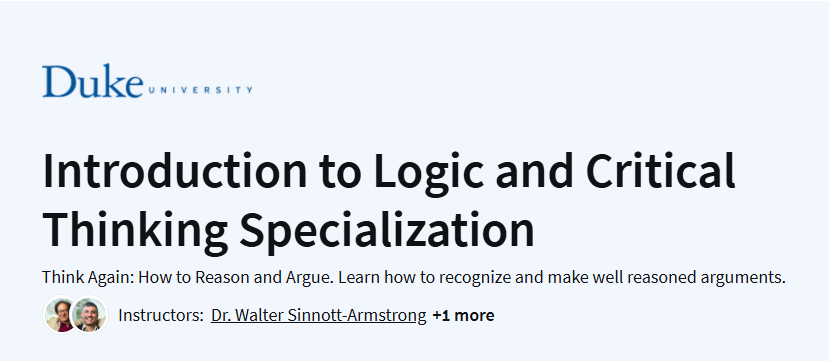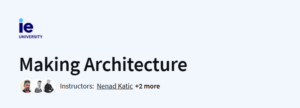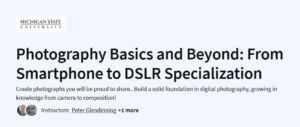What you will learn in Introduction to Logic and Critical Thinking Course
- Understand and appreciate arguments presented by yourself and others.
- Determine the deductive validity of arguments.
Analyze and assess five common forms of inductive arguments.
Recognize and avoid common logical fallacies.
Program Overview
Think Again I: How to Understand Arguments
⏱️4 weeks
- Learn what constitutes an argument.
- Identify arguments in various contexts.
- Break down arguments into their essential parts.
- Fill in gaps by adding suppressed premises.
Think Again II: How to Reason Deductively
⏱️3 weeks
- Understand deductive reasoning and its validity.
- Use truth-tables and Venn diagrams to assess arguments.
- Differentiate between valid and invalid deductive arguments.
Think Again III: How to Reason Inductively
⏱️ 2 weeks
- Analyze generalizations from samples.
- Apply generalizations to specific cases.
- Infer the best explanations.
- Evaluate arguments from analogy and causal reasoning.
Think Again IV: How to Avoid Fallacies
⏱️ 10 hours
- Identify common fallacies such as equivocation, circularity, and vagueness.
- Understand how fallacies can mislead reasoning.
- Learn strategies to avoid making fallacious arguments.
Get certificate
Job Outlook
- Critical thinking and logical reasoning are essential skills in various professions, including law, education, business, and public policy.
- Enhanced reasoning abilities contribute to better decision-making and problem-solving in professional settings.
- The ability to construct and evaluate arguments is valuable for roles that require analytical thinking and effective communication.
Specification: Introduction to Logic and Critical Thinking
|
FAQs
- Focuses on the principles of logic and structured reasoning
- Teaches how to identify, analyze, and construct arguments
- Includes real-life applications in academics and daily decision-making
- Helps in spotting logical fallacies and weak reasoning
- No prior background in philosophy or logic required
- Suitable for students, professionals, and lifelong learners
- Starts with basic concepts before moving to more advanced reasoning
- Builds progressively to ensure clear understanding
- Improves decision-making in everyday life
- Enhances communication by making arguments clearer
- Builds resistance against manipulation and false claims
- Supports better problem-solving in academic and professional settings
- Covers logical frameworks and reasoning theories
- Provides exercises to test understanding
- Uses real-world examples to connect learning to reality
- Focuses on applying logic to diverse scenarios
- Critical thinking valued in law, business, teaching, and research
- Helps in analyzing data and solving complex problems
- Strengthens leadership and decision-making abilities
- Adds a useful skill to resumes and professional profiles





